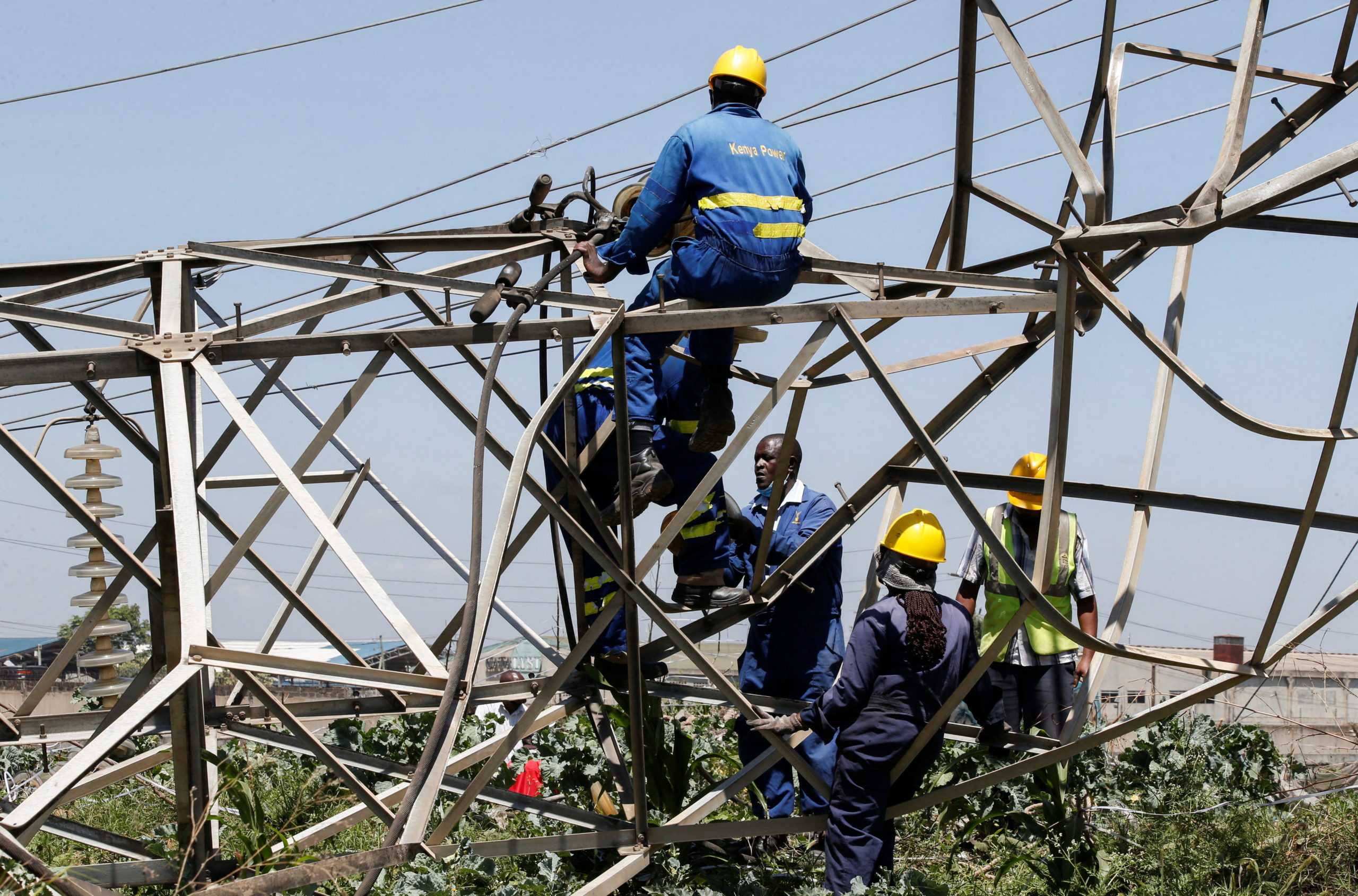Kenya Power recorded a 12% increase in operating profit during the financial year that ended June 30, 2023, the state-owned electricity transmission company announced Friday.
Operating profit rose to KES 19.2 billion from KES 17.1 billion the previous year, according to the company’s annual report. Revenue from electricity sales grew 21% to KES 190.9 billion, mainly due to an expanding customer base.
As a result, electricity sales increased from 9,163 gigawatt-hours to 9,566 gigawatt-hours, driven largely by a 5.9% increase in consumption within the commercial and industrial customer segments.
“The overall fundamentals remained stable despite the challenging macroeconomic environment that was characterized by a depreciating shilling and an increase in the overall cost of doing business,” said Kenya Power Managing Director and CEO Joseph Siror.
However, power purchase costs rose 22% to KES 143.5 billion because of the increased electricity demand. Unrealized foreign exchange losses on power purchases climbed to KES 5.3 billion, primarily due to the Kenyan shilling’s depreciation against the U.S. dollar and euro, the currencies used in most of Kenya Power’s purchase agreements.
The depreciating shilling also contributed to an 89% increase in finance costs, from KES 12.76 billion to KES 24.15 billion. This wiped out operational gains and resulted in a KES 3.2 billion net loss for the year.
To mitigate the impact of currency fluctuations, Kenya Power is restructuring its loan portfolio to reduce dollar-denominated debt. It is also transferring some transmission assets to the state-owned Kenya Electricity Transmission Company to offset government loans.
Additionally, the company aims to increase electricity demand by promoting electric vehicles and implementing time-of-use pricing to encourage off-peak power consumption, Siror said.
“The gains from these initiatives will complement other revenue growth and diversification strategies already in place, including implementing the Time-of-Use tariff to encourage energy consumption during off-peak periods and the fibre leasing business,” Siror said.














